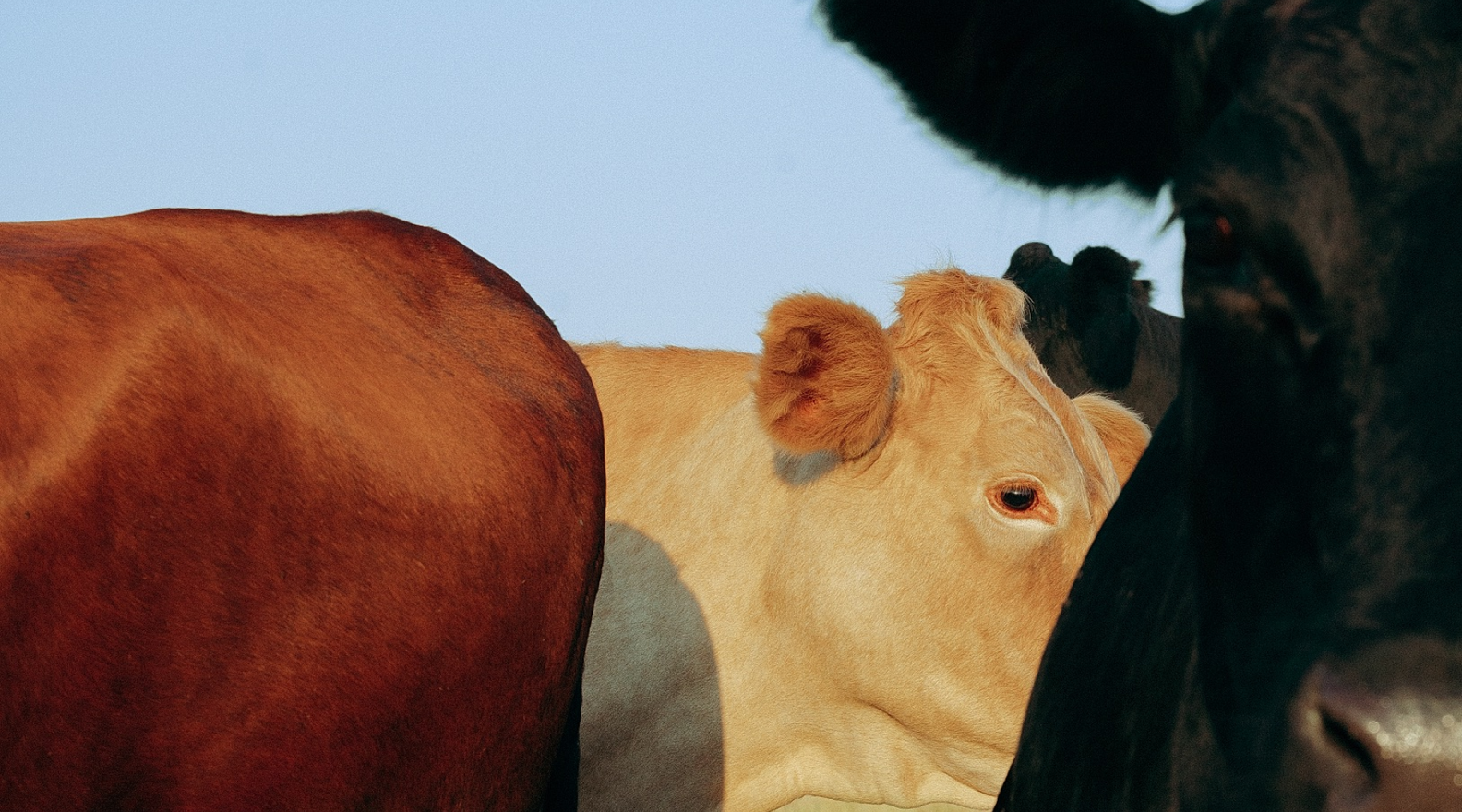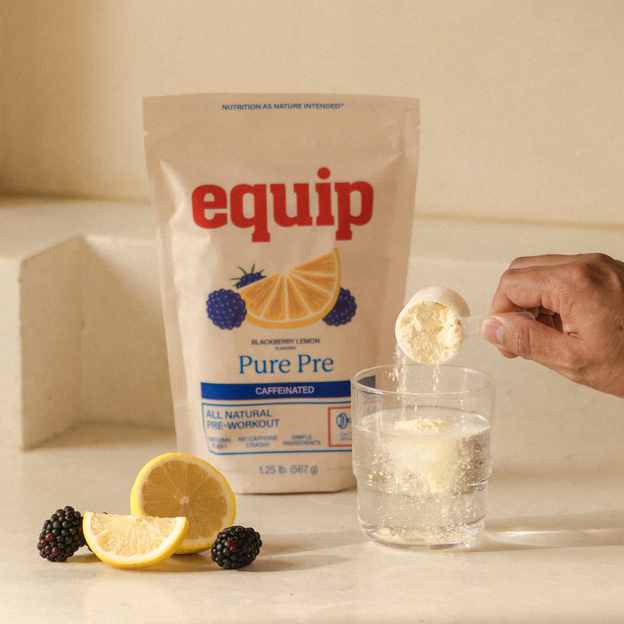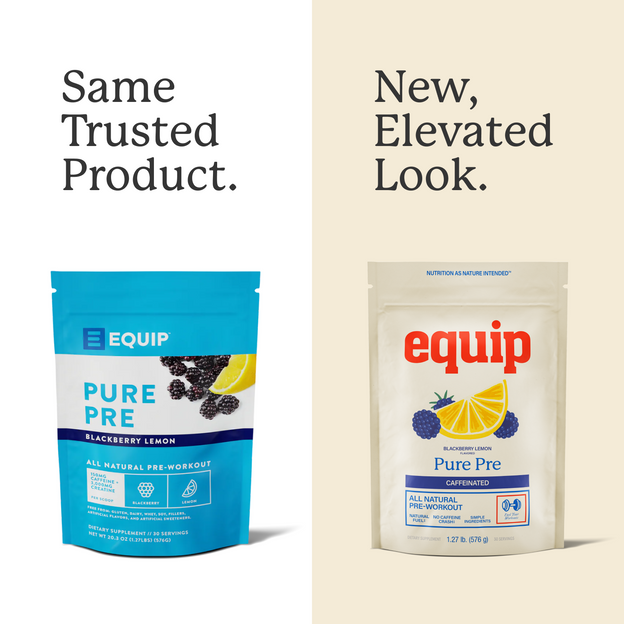Why is eating monogastrics (like chickens, turkey, and pork) less healthy than eating ruminants (like bison, lamb, beef (or beef protein powder), goat, and venison)?
Ruminant Meat
Ruminants have a unique digestive system that helps them break down plant fibers, leading to healthier nutrient profiles. Ruminants’ four-chamber stomachs allow them to ferment and fully digest plant matter like grass.
This creates higher amounts of beneficial omega-3 fatty acids, CLA (conjugated linoleic acid), and other health-boosting nutrients in their meat compared to monogastrics.
Ruminants also tend to eat more diverse, natural diets—mainly grass and other plants—while monogastrics are often fed corn and soy-based diets. These grains, particularly in industrial farming, can lead to higher inflammation and imbalances in the meat’s fat composition.
Monogastric Meat
So when monogastrics are fed an evolutionarily inappropriate diet too high in PUFAs
(Polyunsaturated fatty acids), those PUFAs accumulate in their fat. These PUFAs can be damaging to our metabolic health.
Ruminants tend to contain less than 2% PUFAs in their fat, but pork and chicken can go as high as 20%. Based on our research, this is an evolutionary inappropriate amount of PUFAs.
Which Meat to Eat?
Focus on grass-fed and finished ruminants like beef (the key ingredient in our clean protein powder), bison, goat, lamb, and venison. And if you do select some chicken, pork, duck, or turkey - avoid eating meat from factory farms fed diets rich in corn, soy, millet, wheat, sunflower meal, or any other high-PUFA grain/seed. Unfortunately, this is rare to find in grocery stores, so we suggest checking with your local farmers.

We source our colostrum powder, collagen powder, and beef liver supplements from grassfed cows because we believe in human health benefits and ecosystem regenerating power of ruminants (cows). We also include ruminant nourishment in our new clean protein bars - Prime Bars




